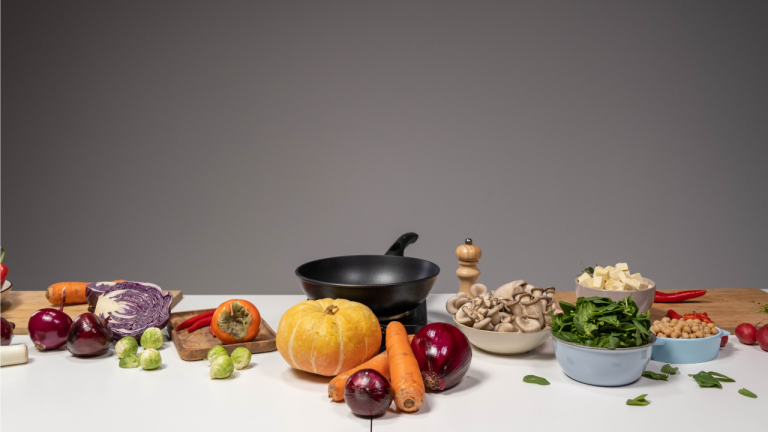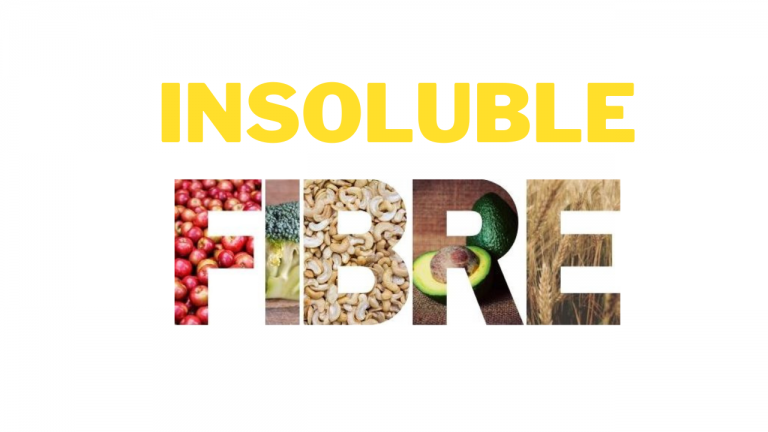So, what Does a Vegan Eat?

A vegan is someone who follows a diet that excludes all animal-derived products. They avoid consuming meat, poultry, fish, dairy, eggs, and other products that come from animals. Instead, they focus on a plant-based diet that primarily consists of vegetables, fruits, grains, legumes, nuts, seeds, and plant-based alternatives.
Here are some common foods that vegans typically eat:
Fruits: Apples, bananas, oranges, berries, mangoes, and any other fruits that are in season.
Vegetables: Broccoli, spinach, kale, carrots, bell peppers, tomatoes, and a wide variety of other vegetables.
Grains: Rice, quinoa, oats, barley, whole wheat, and other grains and their products like bread and pasta.
Legumes: Lentils, chickpeas, black beans, kidney beans, tofu, tempeh, and other plant-based protein sources.
Nuts and seeds: Almonds, walnuts, chia seeds, flaxseeds, pumpkin seeds, and others.
Plant-based milk: Soy milk, almond milk, oat milk, coconut milk, and other dairy-free alternatives.
Plant-based proteins: Vegan burgers, sausages, and other protein-rich alternatives made from soy, peas, or other plant sources.
Plant-based oils: Olive oil, coconut oil, avocado oil, and other vegetable oils.
Vegan desserts: Vegan cakes, cookies, and ice cream made from plant-based ingredients.
Vegan snacks: Vegan chips, popcorn, energy bars, and more.
It’s important for vegans to ensure they get all the necessary nutrients, such as protein, iron, calcium, vitamin B12, and omega-3 fatty acids. This can be achieved through a well-balanced and varied diet, and sometimes with the help of supplements, especially for vitamin B12, which is predominantly found in animal-based foods. Many vegans also choose to use plant-based alternatives for commonly used animal-based products, such as vegan cheese, vegan butter, and vegan mayonnaise. The availability of vegan options has expanded significantly in recent years due to the increasing popularity of plant-based diets.



